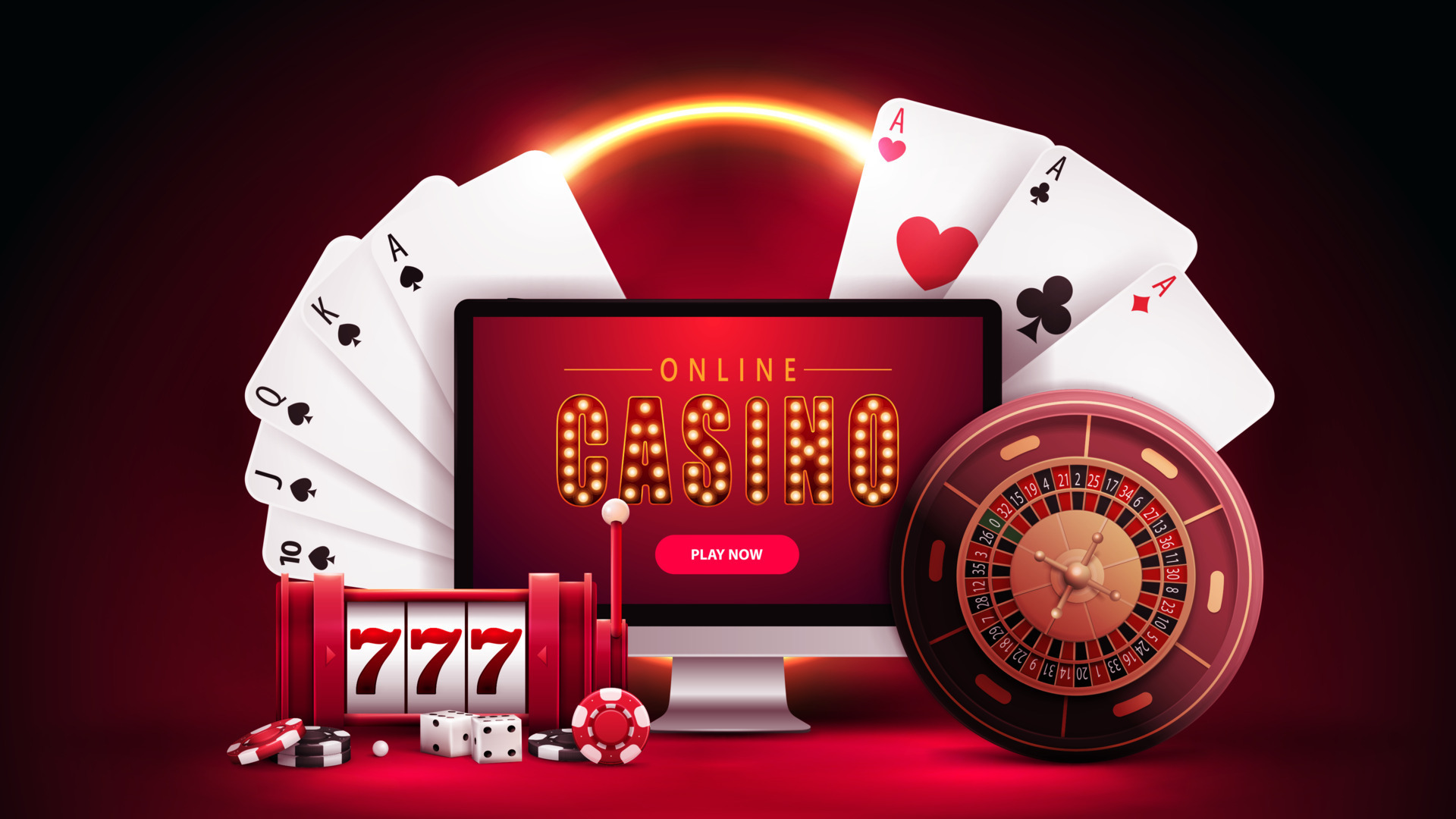Casino Games and Their Role in Cultural Trends
- brightstep.fr
- 0
- Posted on

Casino experiences have long captured the fascination of people around the globe, becoming an essential part of both leisure and culture. From the glimmering lights of Las Vegas to the captivating experience of online gaming, these activities evoke enthusiasm, danger, and sometimes even a sense of remembrance. They are not just simply entertainments; they have woven themselves into the fabric of human experience, influencing everything from movies and melodies to clothing and literature.
The appeal of casino games surpasses the wagering aspect, tapping into larger themes of fortune, chance, and human behavior. As players gather around a gaming table or turn the roulette, they engage in an ancient ritual that resonates with our communal desire for excitement and uncertainty. This captivation has led to the emergence of many references in cinema, tracks, and electronic games, showcasing how strongly entrenched these activities are in popular culture. Whether it is the pressure of a classic robbery film or the lively nightlife portrayed in recordings, casino games have established a substantial niche that reflects our relationship with risk.
Historical Importance of Casino Activities
Casino activities have played a crucial role in cultural aspects throughout history. Stemming from ancient civilizations, games of chance were often linked to rituals or events. For example, early iterations of gambling can be traced back to historic Chinese and the Romans, where dice games and betting on outcomes were popular pastimes. These activities not only served as leisure but also as means of connecting people, facilitating relationships among individuals within societies.
As cultures evolved, so did the complexity and organization of casino games. The establishment of formal casinos in the 17th century, particularly in Italy, marked a major shift in how games were perceived and organized. With specific spaces for gaming, the casino became a social hub where patrons from different backgrounds gathered. This evolution contributed to the legitimization of the industry, transforming it from a mere pastime into an established industry that shaped economy and policy.
The effect of gambling games on mainstream culture cannot be understated. As they were popularized in literature and film, games such as Texas Hold’em and 21 became icons of chance, luck, and tactics. Iconic characters and narratives have developed around these activities, reflecting societal views towards luck, wealth, and immorality. This interest with casino games has infiltrated various forms of media, cementing their status in the collective consciousness and linking them to wider cultural stories throughout the ages.
Portrayal of Gambling Games in Entertainment
Casino games have long been a popular subject in different types of entertainment, reflecting both the fascination and complexities of gambling culture. Movies such as Ocean’s 11 and Casino Royale portray characters who navigate intense situations, showcasing not only the attractiveness of the casino atmosphere but also the methods and decisions that come with playing popular games like poker and blackjack. These movies often dramatize the exhilaration of winning and the potential results of losing, encapsulating the dangers involved in betting.
Television shows have also explored the realm of gambling activities, often integrating them into the plot as a backdrop for story progression and conflict. Series like Vegas depict the experiences of gambling employees and casino-goers, highlighting the dynamic, often tumultuous energy of the gaming floor. Docuseries featuring intense betting contests further emphasize the attraction of gambling activities, drawing viewers into the drama and strategy involved in each round. Through these depictions, media not only engages but also prompts conversations about fortune, expertise, and the nature of chance.
Video games have increasingly integrated casino games into their structure, allowing players to recreate the experience of betting without monetary loss. Games within the landscape of digital gaming often include virtual slots, poker, and other casino favorites, creating an interactive experience that mirrors traditional gambling. These virtual portrayals make gambling activities accessible to a worldwide viewer base, appealing to both players who indulge and those who enjoy the excitement of virtual experiences. 79 king As a consequence, the portrayal of gambling activities in entertainment continues to shape societal views and cultural relevance, highlighting their function in society and culture.
Impact of Gambling Activities on Communities
Gambling activities have a significant impact on society, influencing multiple aspects of culture and social behavior. They often serve as a platform for community engagement, where people come together to experience a shared activity. Game nights with friends or visits to casinos become social activities that build connections and create memories. This communal aspect boosts the fun value of gambling activities, making them a popular choice for celebrations and recreational pursuits.
Moreover, casino games have been portrayed in numerous films, television shows, and written works, influencing perceptions and attitudes towards gambling and betting. Icons like James Bond competing in baccarat or the intense poker scenes in films have embedded these games in the shared imagination. This depiction often idealizes the culture associated with gambling, drawing in new players and influencing trends in both style and behavior. These representations can spark curiosity and lead to a more profound exploration of the intricacies of gaming.
Nonetheless, there are also adverse implications linked to the popularity of gambling activities. The temptation of quick monetary gain can lead to gambling addiction and economic troubles for some individuals. The community must contend with these issues, advocating for responsible gambling and education of the dangers involved. Balancing the entertainment value of gambling activities with the potential for harm is vital to ensure that they continue to be a beneficial aspect of our societal fabric.